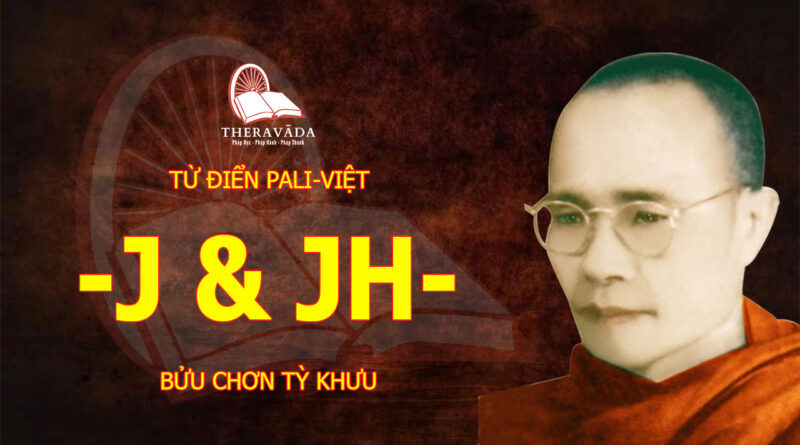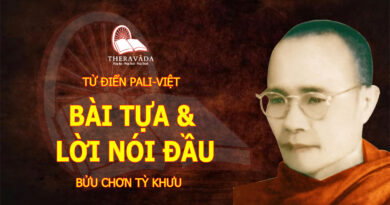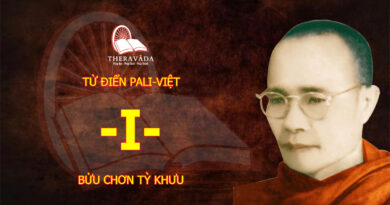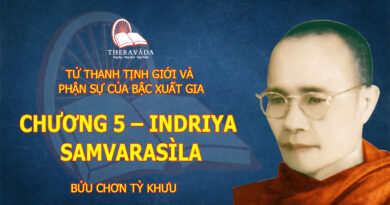Q&a 8 – The Art Of Living – S.n. Goenka
Questions and Answers
QUESTION: This afternoon I tried a new position in which it was easy to sit for longer without moving, keeping my back straight, but I could not feel many sensations. I wonder, will the sensations eventually come, or should I go back to the old position?
N. GOENKA: Do not try to create sensations by deliberately choosing an uncomfortable position. If that were the proper way to practise, we would ask you to sit on a bed of nails! Such extremes will not help. Choose a comfortable position in which the body is upright, and let the sensations come naturally. Don’t try to create them by force; just allow them to happen. They will come, because they are there. It may be that you were looking for sensations of the type you felt before, but there might be something else.
There were subtler sensations than before. In my first position it was hard to sit more than a short time without moving.
Then it is good that you have found a more suitable position. Now leave the sensations to nature. Perhaps some gross sensations have passed away and now you must deal with subtler ones, but the mind is not yet sharp enough to feel them. To make it sharper, work on the awareness of respiration for some time. This will improve your concentration and make it easy to feel subtle sensations.
I thought it was better if the sensations were gross, because that meant an old saṅkhāra was coming up.
Not necessarily. Certain impurities appear as very subtle sensations. Why crave for gross sensations? Whatever comes, gross or subtle, your job is to observe.
Should we try to identify which sensation is associated with which reaction?
That would be a meaningless waste of energy. It would be as if someone washing a dirty cloth stopped to check what caused each stain in the cloth. This would not help him to do his job, which is only to clean the cloth. For this purpose the important thing is to have a piece of laundry soap and to use it in the proper way. If one washes the cloth properly, all the dirt is removed. In the same way you have received the soap of Vipassana; now make use of it to remove all impurities from the mind. If you search for the causes of particular sensations, you are playing an intellectual game and you forget about anicca, about anattā. This intellectualizing cannot help you come out of suffering.
I am confused about who is observing and who or what is being observed.
No intellectual answer can satisfy you. You must investigate for yourself: “What is this ‘I’ who is doing all this? Who is this ‘I’?” Keep on exploring, analyzing. See whether any ‘I’ comes up; if so, observe it. If nothing comes then accept, “Oh, this “I” is an illusion!”
Aren’t some types of mental conditioning positive? Why try to eradicate those?
Positive conditioning motivates us to work toward liberation from suffering. But when that goal is attained, all conditioning is left behind, positive and negative. It is just like using a raft to cross a river. Once the river is crossed, one does not continue on one’s journey carrying the raft on one’s head. The raft has served its purpose. Now there is no more need for it, and it must be left behind.3 In the same way, one who is fully liberated has no need of conditioning. A person is liberated not because of positive conditioning, but because of purity of mind.
Why do we experience unpleasant sensations when we start practising Vipassana, and why do pleasant sensations come later?
Vipassana works by eradicating the grossest impurities first. When you clean a floor, first you sweep together all the rubbish and pieces of dirt, and with each succeeding sweeping you gather finer and finer dust. So in the practice of Vipassana: First the gross impurities of the mind are eradicated and subtler ones remain which appear as pleasant sensations. But there is a danger of developing craving for these pleasant sensations. Therefore you must be careful not to take a pleasant sensory experience as the final goal. You must keep observing every sensation objectively in order to eradicate all conditioned reactions.
You said that we have our dirty linen, and we also have the soap to wash it. I feel today as if I almost ran out of soap! This morning my practice was very powerful, but in the afternoon I began to feel really hopeless and angry, and to think, “Oh, what’s the use!” It was just as if when the meditation was strong, an enemy inside me— the ego perhaps—matched that strength and knocked me out. And then I felt I did not have the strength to fight it. Is there some way to sidestep so that I don’t have to fight so hard, some clever way to do it?
Maintain equanimity; that is the smartest way! What you have experienced is quite natural. When the meditation seemed to you to be going well, the mind was balanced, and it penetrated deeply into the unconscious. As a result of that deep operation, a past reaction was shaken and came to the surface level of the mind, and in the next sitting you had to face that storm of negativity. In such a situation equanimity is essential, because otherwise the negativity will overpower you, and you cannot work. If equanimity seems weak, start practising the awareness of respiration. When a big storm comes, you have to put down your anchor and wait until it passes away. The breath is your anchor. Work with it and the storm will pass. It is good that this negativity has come to the surface, because now you have the opportunity to clear it out. If you keep equanimity it will pass away easily.
Am I actually getting that much good out of the practice if I don’t have pain?
If you are aware and balanced, then—pain or no pain—you are certainly progressing. It is not that you must feel pain in order to make progress on the path. If there is no pain, accept that there is no pain. You just observe what is.
Yesterday I had an experience in which my entire body felt as if it had dissolved. It felt like it was just a mass of vibrations everywhere.
Yes?
And when this happened, I remembered that when I was a child I had a similar experience. All these years I have been looking for a way to come back to that experience. And then there it was again
Yes?
So naturally I wanted the experience to continue, I wanted to prolong it. But it changed and passed away. And then I was working just to make it come back again, but it didn’t come back. Instead, by this morning I had only gross sensations.
Yes?
And then I realized how unhappy I was making myself by trying to get that experience.
Yes?
And then I realized that in fact we aren’t here to get any particular experience. Right?
Right.
That in fact we are here to learn to observe every experience without reacting. Right?
Right.
So what this meditation is really about is developing equanimity. Right?
Right!
It seems to me that it would take forever to eliminate all past saṅkhāras one by one.
That would be so if one moment of equanimity meant exactly one less saṅkhāra of the past. But in fact awareness of sensations takes you to the deepest level of the mind and allows you to cut the roots of past conditioning. In this way in a relatively short time you can eliminate entire complexes of saṅkhāras provided your awareness and equanimity are strong.
Then how long should the process take?
That depends on how great a stock of saṅkhāras you have to eliminate, and how strong your meditation is. You cannot measure the past stock but you can be sure that the more seriously you meditate, the more quickly you are approaching liberation. Keep working steadfastly toward that goal. The time is bound to come— sooner rather that later—when you will reach it.
Bài viết này được trích từ cuốn sách The Art Of Living – Thiền Sư S.N.Goenka và William Hart.
Bài viết này được trích từ cuốn sách The Art Of Living – Thiền Sư S.N.Goenka và William Hart.





